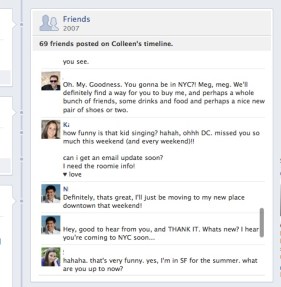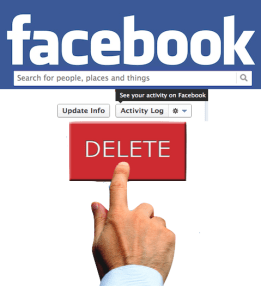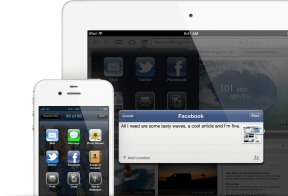
Facebook’s ongoing war on pseudonyms is well-documented. The company wants everyone to use their real name on the social network, and ideally this would be their only identity on the Internet. Menlo Park often bans users that use fake names (most are spammers, but many are just using pseudonyms), but it recently went further than that: the company is now asking you to snitch on your friends if they are not using their real name.
As you can see in the screenshot above, courtesy of Twitter user chapeaudefee (viaTPM), Facebook recently started prompting friends of users with names they suspect to be fake. Facebook confirmed the prompt with The Next Web today:
source here >>We are always looking to gauge how people use Facebook and represent themselves to better design our product and systems. We are showing people information that their friends have made available to them and we indicate to the person taking the survey that their response will be anonymous to ensure them that we are not sharing their data with anyone and only looking to understand the results in an aggregate sense. Additionally, it is important to understand that we will not be using this data for enforcement actions.














 _PERWI.ORG
_PERWI.ORG